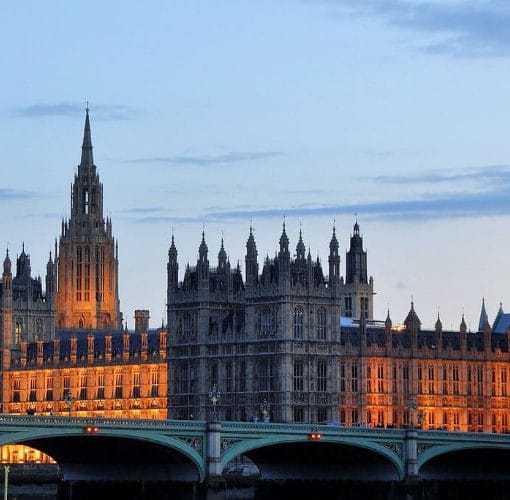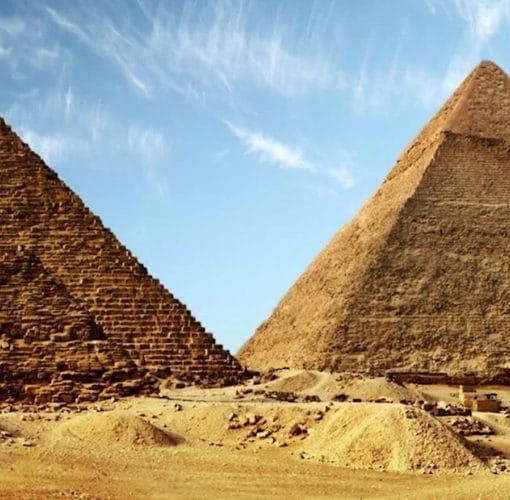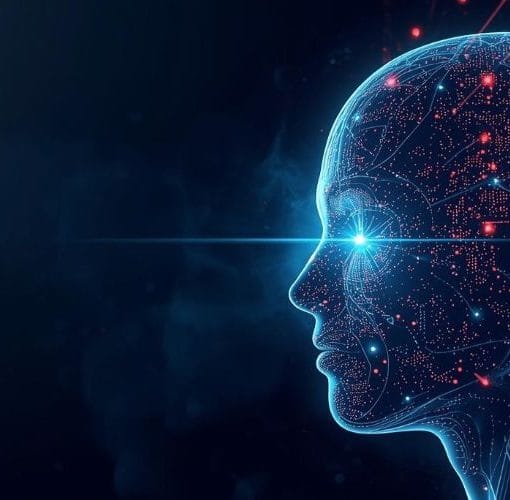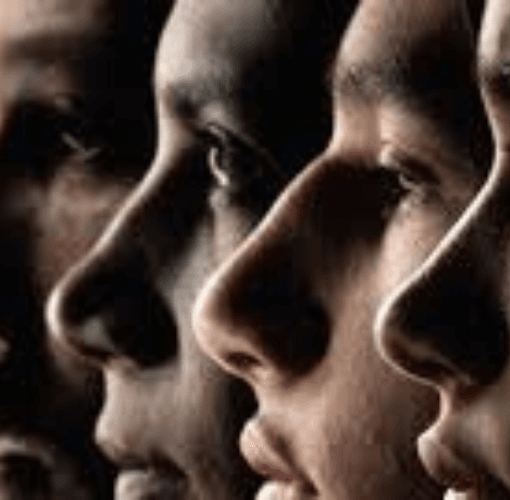By Vincent G. Valentyn, PhD
Introduction: The Global Paradox of Poverty
We live in an age marked by unprecedented global wealth, yet also by unparalleled deprivation. As Amartya Sen (1999) observes, millions remain shackled by unfreedom—unable to access the basic necessities or participate in the life of their communities. In post-apartheid South Africa, despite nearly three decades of democracy, the enduring legacy of apartheid and flawed post-liberation policies have left millions still poor, vulnerable, and disenfranchised.
This paper explores poverty through a multidimensional lens—drawing on economic, historical, and political analyses, and culminating in a theological argument: mankind cannot solve systemic injustice apart from the wisdom revealed in the Gospel of the Kingdom of God, which offers not only insight, but the ultimate solution—the restoration of all things.
- Understanding Poverty Beyond Income
Poverty is broadly understood as “pronounced deprivation in well-being” (World Bank, 2001:15), often linked to income, yet encompassing much more—such as lack of education, healthcare, security, and dignity. Alcock (1997), Woolard (2002), and Bowden (2002) emphasize its complexity: poverty is material, relational, and psychological.
Absolute vs. Relative Poverty
- Absolute poverty refers to a lack of income to meet basic survival needs (Rowntree, 1901; Lötter, 2007).
- Relative poverty considers societal context—when individuals cannot participate in normal social activities (Alcock, 1997).
- The Capability Approach
Amartya Sen’s capability approach redefines poverty not as income deprivation but as a lack of real freedoms to pursue a life one values. Martha Nussbaum extends this to include political, social, and emotional dimensions. Key concepts include:
- Functionings – what a person actually manages to do or be.
- Capabilities – the real opportunities available.
- Agency – the ability to act with intention and purpose.
This framework exposes the limitations of purely economic metrics and offers a human-centered, dignity-based model for evaluating social development (Sen, 1992; Robeyns, 2005).
- Historical Foundations: Colonialism and Apartheid
South Africa’s poverty is rooted in 350 years of colonialism and 46 years of apartheid, which institutionalized racial inequality through laws like the 1913 Natives Land Act, the Group Areas Act, and the Bantu Authorities Act. These stripped black South Africans of land, political voice, and economic mobility, creating spatial and structural poverty that persists today.
Under apartheid, as Wilson and Ramphele (1989) document:
- Africans earned only 24.9% of national income despite comprising 73% of the population.
- Infant mortality rates for black children were up to 10 times higher than for whites.
- Access to electricity, sanitation, and education was highly unequal.
- Post-Apartheid South Africa: Persistent Inequality
In his 1998 “Two Nations” speech, Deputy President Thabo Mbeki acknowledged the stark divide:
“One of these nations is white and relatively prosperous. The second and larger is black and poor…”
Despite the end of apartheid, poverty remains acute:
- Limpopo: 77% poverty rate (2001).
- Eastern Cape: 72%.
- KwaZulu-Natal: 61%.
- Nationally, ~50% of the population lived below the poverty line (UNDP, 2004; Meth, 2004).
These patterns reflect not just legacy issues, but the failure of transformation policies to produce structural change.
- The Failure of BEE and Systemic Economic Justice
Black Economic Empowerment (BEE)
Enacted by the ANC to redress apartheid-era economic exclusion, BEE sought to shift ownership, control, and wealth to black South Africans. Yet the results have been uneven and often counterproductive:
- A narrow black elite accumulated wealth while the broader population remained impoverished (Mbeki, 2009).
- Economist William Gumede warned BEE was vulnerable to elite capture and patronage.
- Critics note BEE emphasized ownership over capability development—neglecting education, rural investment, and grassroots entrepreneurship.
Broad-Based Black Economic Empowerment (BBBEE)
BBBEE was introduced to correct BEE’s narrow focus, but it too struggled with corruption, poor enforcement, and limited reach. Duma Gqubule argues it failed to equip the rural poor with the tools—education, capital, infrastructure—necessary to compete or even survive in a modern economy.
From Redistribution to Regeneration
Sen’s framework reminds us that true development must expand people’s capabilities. Policies like BEE, while redistributive in theory, have not led to widespread capability growth. As a result, poverty remains entrenched, systemic, and intergenerational.
- The Moral and Spiritual Limits of Human Solutions
Despite good intentions, human systems consistently fail to deliver justice at scale. Why?
“The wisdom of this world is foolishness with God.”
— 1 Corinthians 3:19
Human ideologies—capitalist, socialist, democratic—remain subject to the fallen nature of humanity. Greed, corruption, tribalism, and pride distort even the noblest designs. What’s needed is not just reform but a radical reordering of human nature and society.
This diagnosis leads to a spiritual reality: sin is the root, and systemic injustice is its fruit.
- The Gospel of the Kingdom: A Radical Alternative
Jesus didn’t merely bring forgiveness; He announced a Kingdom—a new creation breaking into the present. The Gospel of the Kingdom is not a set of beliefs, but a call to live under God’s reign, where love, justice, and humility shape every sphere of life.
“Seek first the Kingdom of God and His righteousness, and all these things shall be added to you.”
— Matthew 6:33
Kingdom Characteristics:
- Justice grounded in mercy (Micah 6:8)
- Power exercised through service (Mark 10:42–45)
- Wealth shared through generosity, not coercion (Acts 2:44–45)
- Community marked by love for the poor, the enemy, and the excluded (Luke 6:27–36)
In this Kingdom, the poor are not objects of policy but heirs of the promise (James 2:5).
- The Restoration of All Things: God’s Final Answer
The Kingdom does not culminate in incremental improvement—it climaxes in the restoration of all things:
“He must remain in heaven until the time comes for God to restore everything, as He promised long ago through His holy prophets.”
— Acts 3:21
The Gospel reveals that God is not just saving souls—He is reclaiming the cosmos: economics, ecology, culture, institutions, and human relationships. Poverty, violence, disease, and exploitation are symptoms of a disordered world that Christ came to renew.
Restoration is not metaphorical—it is cosmic:
- Creation is groaning for redemption (Romans 8:22).
- All things are reconciled through Christ’s blood (Colossians 1:20).
- A new heaven and new earth will replace the old order (Revelation 21:1–5).
The Kingdom is the only framework broad and deep enough to solve what is broken in South Africa and the world. It is the hope of complete justice, total healing, and true unity—not through the hands of man, but through the rule of Christ.
Conclusion: From Policy to Redemption
Poverty in South Africa is a complex blend of history, politics, and economics—but at its core, it reflects a spiritual rupture. Policy alone cannot heal what sin has fractured. The Gospel of the Kingdom, however, offers a new world built on righteousness, peace, and joy in the Holy Spirit.
This vision is not escapism. It is God’s actionable blueprint. The Church, as a foretaste of the Kingdom, must proclaim and embody this restoration—offering hope not just in words, but in community, advocacy, and presence.
Until the King returns to make all things new, we work in hope, serve in love, and speak with clarity:
The restoration of all things is not a utopia. It is the coming reality of the Kingdom of God.
“Behold, I make all things new.”
— Revelation 21:5
References
(Includes all academic, historical, theological, and biblical sources)
- Alcock, P. (1997). Understanding Poverty
- Alkire, S., Qizilbash, M., & Comim, F. (2008)
- Bowden, B. (2002). The Moral Climate
- Clare, J. (2010). Captured in Time
- Desai, A. (2005)
- Gumede, W. (2005). Thabo Mbeki and the Battle for the Soul of the ANC
- Haughton, J., & Khandker, S. (2009)
- Kanbur, R., & Squire, L. (2001)
- Lötter, H. (2007)
- May, J. (2000)
- Meth, C. (2004)
- Mbeki, M. (2009). Architects of Poverty
- Nussbaum, M. (2011). Creating Capabilities
- Robeyns, I. (2005, 2008)
- Rowntree, S. (1901)
- Sen, A. (1992, 1999)
- South African History Online
- UNDP (1997, 2004)
- Walker, M., & Unterhalter, E. (2007)
- Wilson, F., & Ramphele, M. (1989)
- Woolard, I. (2002)
- World Bank (2001)
- The Holy Bible (NIV, ESV)






